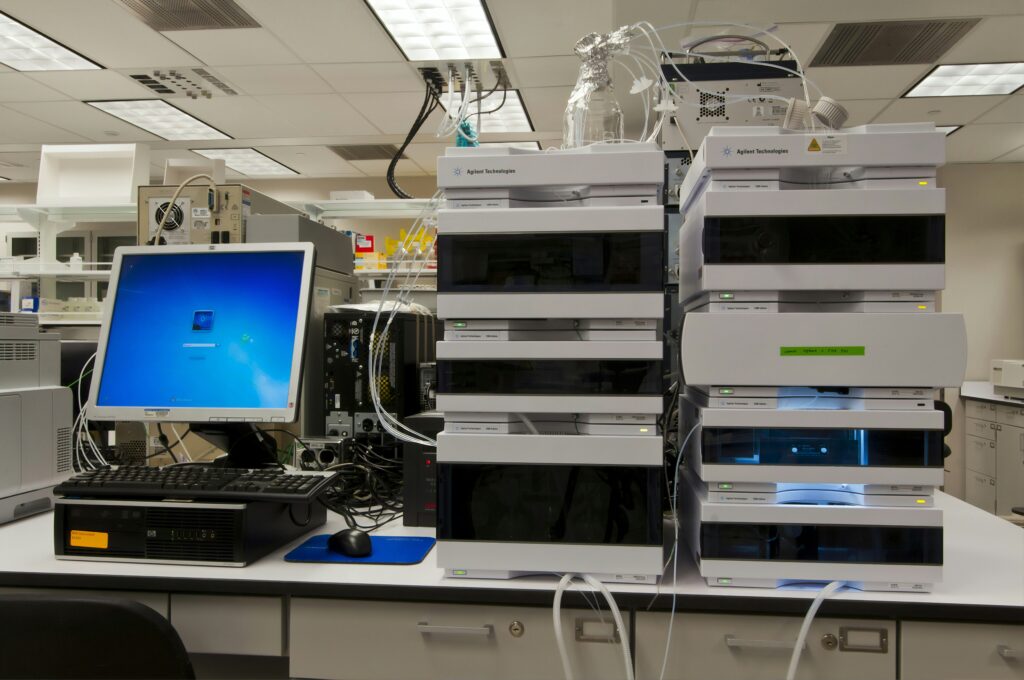
Researchers from the Chinese Academy of Sciences and the University of Chinese Academy of Sciences have unveiled a groundbreaking strategy to combat persistent organic pollutants (POPs), which are dangerous substances found in industrial waste, pesticides, and contaminated soils. These pollutants pose significant threats to both environmental and human health. The researchers’ latest review highlights how biochar-supported microbial systems could revolutionize the remediation of these contaminants.
Persistent organic pollutants, including polycyclic aromatic hydrocarbons, pesticides, and chlorinated solvents, are notorious for their carcinogenic effects and resistance to natural degradation. Traditional remediation methods, such as chemical treatment and excavation, are often costly, disruptive, and inefficient. Biological remediation, while safer, faces challenges as microbes struggle to survive and remain effective in harsh contaminated environments.
The Role of Biochar in Pollution Remediation
The new approach leverages “biochar,” a carbon-rich material produced from pyrolyzed biomass. Biochar’s porous structure and surface chemistry make it ideal for trapping pollutants and creating microhabitats for beneficial microbes. When loaded with pollutant-degrading microbes, biochar acts as both a protective carrier and an adsorbent, allowing microbes to persist and perform while efficiently removing toxins from water and soil.
Recent advances include nutrient-enriched biochar and engineered microbial communities that further expand the potential for remediation. The authors detail progress in adapting biochar-supported systems to tackle pollutants in industrial wastewater, agricultural soils, and domestic environments. These integrated strategies have already achieved impressive results, including the rapid breakdown of pesticides, dyes, and petroleum-based pollutants.
Challenges and Future Prospects
While the technology shows great promise, rigorous field-scale testing and long-term analysis are still needed to fully realize its potential. The move represents a significant step towards scalable, sustainable pollution control. “Biochar-supported microbial systems mark an important milestone toward a circular economy and healthier ecosystems,” says lead author Haowei Wu. “By combining advanced materials science with microbial ecology, this strategy offers new hope for restoring polluted environments and protecting public health.”
“Biochar-supported microbial systems mark an important milestone toward a circular economy and healthier ecosystems,” says lead author Haowei Wu.
Implications for Environmental Policy and Public Health
The announcement comes as global efforts to address environmental pollution intensify. Governments and environmental organizations are increasingly seeking sustainable solutions that minimize ecological disruption and promote long-term environmental health. The integration of biochar-supported microbial systems into existing remediation frameworks could provide a cost-effective and environmentally friendly alternative to traditional methods.
According to experts, the potential for biochar technology extends beyond pollution control. Its application in soil enhancement, climate mitigation, and water treatment further underscores its versatility and importance in achieving sustainability goals. As research progresses, the hope is that biochar-supported systems will become a cornerstone of environmental policy and practice worldwide.
Publication and Further Reading
The paper, published in the journal Biochar, is available open access under a Creative Commons license. It provides a comprehensive overview of the current state of biochar-supported microbial systems and their potential applications in environmental remediation.
Journal Reference: Wu, H., Huo, Y., Qi, F. et al. Biochar-supported microbial systems: a strategy for remediation of persistent organic pollutants. Biochar 7, 113 (2025). https://doi.org/10.1007/s42773-025-00506-7
About the Journal
Biochar is the first journal dedicated exclusively to biochar research, spanning agronomy, environmental science, and materials science. It publishes original studies on biochar production, processing, and applications—such as bioenergy, environmental remediation, soil enhancement, climate mitigation, water treatment, and sustainability analysis. The journal serves as an innovative and professional platform for global researchers to share advances in this rapidly expanding field.
As the world grapples with the dual challenges of pollution and climate change, innovations like biochar-supported microbial systems offer a glimpse into a future where sustainable practices can lead to healthier ecosystems and communities.







